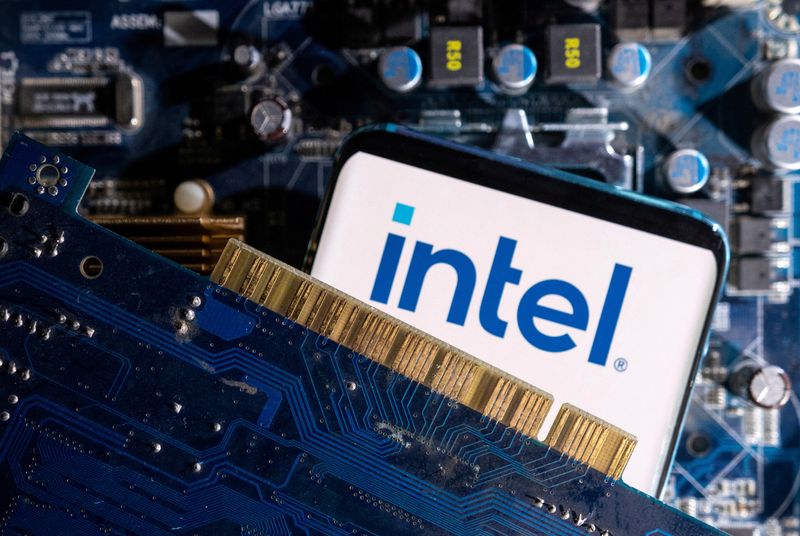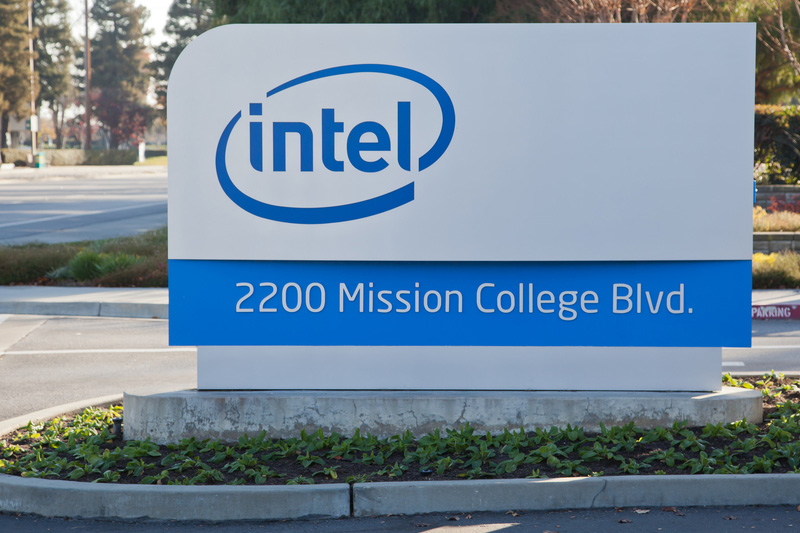By Milana Vinn
(Reuters) – Intel (NASDAQ:) has started shortlisting a handful of candidates, including former board member Lip-Bu Tan, for the role of chief executive after the struggling American chipmaker ousted company veteran Pat Gelsinger, according to people familiar with the matter.
Tan, who was once seen as a contender for the CEO role, has in recent days been approached by Intel’s board to gauge his interest in taking up the job, the sources said, requesting anonymity as the discussions are confidential.
The deliberations on CEO succession are at an early stage, the sources said, cautioning that Intel has not yet zeroed in on any candidate to replace Gelsinger who stepped down from his role on Monday after being given the choice to retire or be removed.
Intel’s board is also evaluating other candidates, one of the sources said.
The move to replace Gelsinger – who took charge of Intel less than four years ago – came after the board decided that the pace of his costly plan to turn around Intel’s fortunes was not quick enough.
The board has formed a search committee for Gelsinger’s successor and is expected to make a final decision on his replacement in the coming weeks, the sources said.
Intel declined to comment. Representatives for Tan’s venture capital firm, Walden Catalyst, did not respond to a request for comment.
Tan is an industry veteran and served on Intel’s board of directors for roughly two years as part of a plan to restore the company’s place as a leading chipmaker. He joined to board in September 2022 and received expanded responsibilities a year later to oversee manufacturing operations.
But Tan departed in August after clashing with Gelsinger on several aspects of Intel’s turnaround plan, including the size of the company’s workforce, its contract manufacturing strategy, and its work culture, Reuters has reported.

Tan has previously served as CEO of Cadence Design (NASDAQ:) Systems, where he spent more than a decade and helped turn around the then-ailing design software maker’s fortunes.
Gelsinger in 2021 inherited a company rife with challenges that he compounded. Setting lofty ambitions for manufacturing and AI capabilities among major clients, Intel ultimately lost or canceled contracts under Gelsinger’s watch, and was unable to deliver the promised goods, Reuters reported in October.


